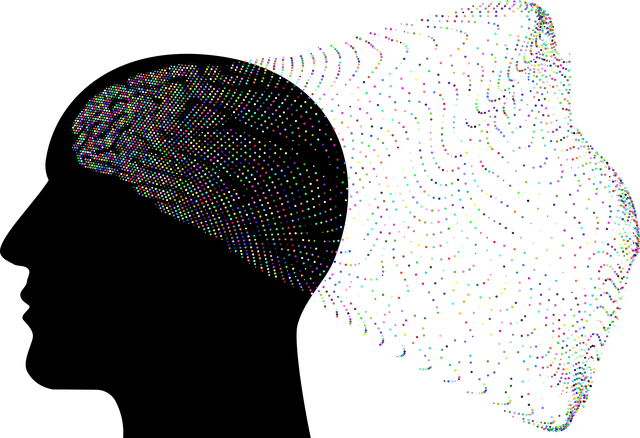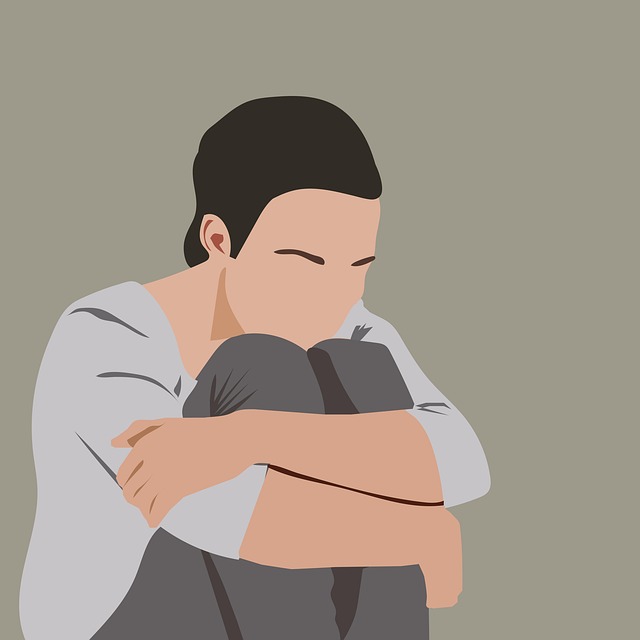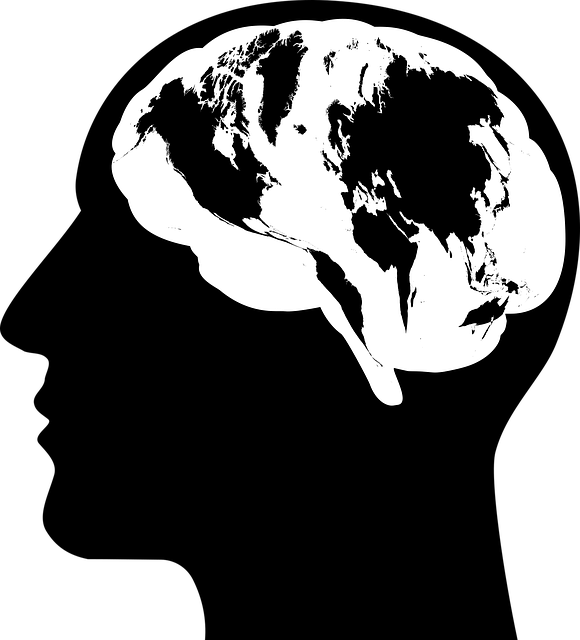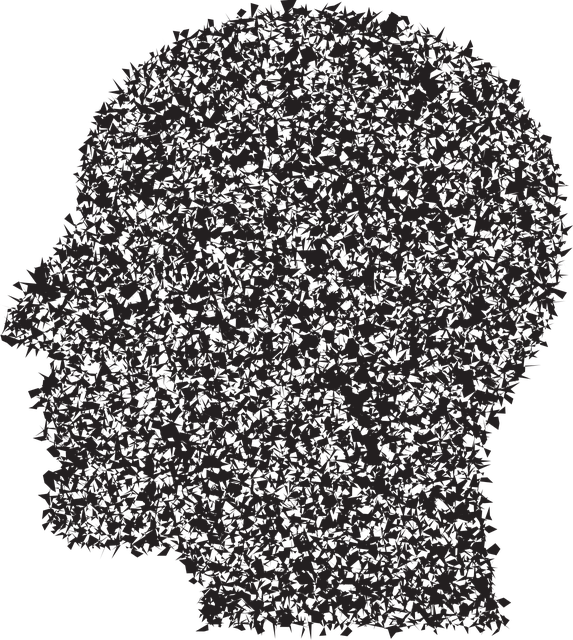The mental health of the elderly faces unique challenges due to societal norms and age stereotypes, but understanding the mind-body connection is crucial. Somatic Experiencing (SE), a therapeutic approach, helps elders uncover buried traumas through somatic symptoms, fostering resilience and mood management. This holistic healing promotes improved quality of life and reduces stigma. SE, along with mental health education programs and awareness campaigns, empowers elders to prioritize their well-being. Advocacy initiatives challenge ageist perceptions, reduce mental health stigma, and incorporate tailored therapy like SE into care settings. By addressing barriers to access, communities can enable elders to improve self-esteem and overall emotional well-being through effective therapeutic methods.
Mental health advocacy initiatives play a pivotal role in addressing the unique challenges faced by elderly individuals. This article delves into various aspects of elder mental wellness, focusing on somatic experiencing as a therapeutic approach. We explore how therapy enhances well-being and discuss the power of advocacy in care settings. By uncovering the benefits of incorporating somatic practices, we aim to empower elders through awareness and accessible resources, specifically targeting therapy for elderly populations and the potential of somatic experiencing.
- Understanding Elderly Mental Health Challenges: Unveiling the Somatic Experiencing
- The Role of Therapy in Supporting Elders' Well-being
- Advocacy Initiatives: A Catalyst for Change
- Incorporating Somatic Practices in Care Settings
- Empowering Elders Through Awareness and Access to Resources
Understanding Elderly Mental Health Challenges: Unveiling the Somatic Experiencing

The mental health landscape for the elderly presents unique challenges that often go unnoticed or undiagnosed due to societal norms and age-related stereotypes. As our population ages, it’s crucial to understand the intricate relationship between physical and mental well-being in older adults. Somatic Experiencing (SE) is a therapeutic approach that recognizes the profound impact of traumatic experiences on the body, offering valuable insights into the mental health struggles of the elderly.
By delving into SE, we uncover how past traumas, often buried or forgotten, can manifest as somatic symptoms in later life. This therapy empowers elders to reconnect with their bodies and minds, fostering resilience-building and mood management skills essential for combating mental illness stigma reduction efforts. The approach respects the unique needs of older adults, promoting holistic healing and improved quality of life.
The Role of Therapy in Supporting Elders' Well-being

Therapy plays a pivotal role in supporting the well-being of elders, offering them a safe space to navigate and process life’s challenges. Somatic Experiencing, for instance, is an innovative approach that helps individuals reconnect with their bodies’ natural capacity for healing. By acknowledging the mind-body connection, this therapy aids elders in releasing trapped emotions and traumatic memories, fostering a profound sense of calm and resilience.
The integration of mental health education programs, design with compassion cultivation practices at their core, can further enhance therapeutic outcomes. These programs educate elders on recognizing signs of distress, promoting self-care, and building coping mechanisms tailored to their unique experiences. Coupled with public awareness campaigns development, these initiatives ensure that elders feel understood, supported, and empowered to prioritize their mental health alongside physical well-being.
Advocacy Initiatives: A Catalyst for Change

Mental health advocacy initiatives are a powerful catalyst for change, driving essential conversations and transforming societal perceptions. These efforts, led by passionate individuals and organizations, focus on various aspects to improve mental well-being, especially among vulnerable populations like elders. By amplifying the voices of those affected, these initiatives challenge the stigma surrounding mental illness, fostering a more inclusive and supportive environment.
One notable approach is incorporating therapy for elders, tailored to their unique needs and experiences. Somatic Experiencing, for instance, is a therapeutic method that recognizes the deep connection between the body and mind, addressing trauma and stress responses. Additionally, mental illness stigma reduction efforts target cultural sensitivity in mental healthcare practice, ensuring diverse communities receive compassionate care. Compassion cultivation practices further enhance these initiatives, encouraging professionals to approach each individual with empathy and understanding.
Incorporating Somatic Practices in Care Settings

Incorporating somatic practices into care settings is a growing trend in mental health advocacy, focusing on the mind-body connection to improve therapy for elders. Somatic Experiencing, a therapeutic approach that helps individuals process traumatic memories and release physical tension, has shown promise in enhancing mental health education programs designed for older adults. By integrating these techniques, care settings can provide a holistic approach to addressing the complex needs of this demographic.
This shift towards a more comprehensive model of care is supported by risk assessment studies for mental health professionals, which highlight the benefits of somatic practices in mitigating burnout and improving patient outcomes. Mental wellness journaling exercises guidance can also be incorporated into daily routines, fostering self-reflection and emotional regulation. These initiatives not only strengthen mental health services but also contribute to a more nuanced understanding of mental wellness among older adults.
Empowering Elders Through Awareness and Access to Resources

In many communities, elders often face barriers to accessing mental health support and resources, leading to undiagnosed and untreated conditions that can be addressed through targeted initiatives. Empowering older adults starts with raising awareness about the importance of mental well-being at every stage of life, challenging ageist stereotypes, and fostering open conversations around mental health struggles. By providing educational programs and workshops, community organizations can teach elders and their caregivers effective emotional well-being promotion techniques and coping skills development, empowering them to navigate life’s challenges with resilience.
One such approach is incorporating therapy for elders, like Somatic Experiencing, which has proven beneficial in addressing trauma, stress, and anxiety. This therapeutic method focuses on the body’s response to traumatic events, helping individuals process and release repressed emotions. By making these resources accessible, communities can support older adults in improving their self-esteem, enhancing their overall emotional well-being, and ensuring they live fulfilling lives free from mental health disparities.
Mental health advocacy initiatives, particularly those focusing on somatic practices like Somatic Experiencing, play a pivotal role in addressing elderly mental health challenges. By integrating therapy into care settings and empowering elders with awareness and access to resources, we can significantly enhance their well-being. The combination of understanding somatic experiences and providing effective therapy is a powerful catalyst for change, ensuring that our elderly population receives the comprehensive support they deserve.














